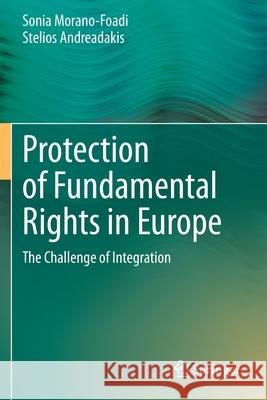Protection of Fundamental Rights in Europe: The Challenge of Integration » książka
topmenu
Protection of Fundamental Rights in Europe: The Challenge of Integration
ISBN-13: 9783030423698 / Angielski / Miękka / 2021 / 238 str.
Protection of Fundamental Rights in Europe: The Challenge of Integration
ISBN-13: 9783030423698 / Angielski / Miękka / 2021 / 238 str.
cena 492,11
(netto: 468,68 VAT: 5%)
Najniższa cena z 30 dni: 462,63
(netto: 468,68 VAT: 5%)
Najniższa cena z 30 dni: 462,63
Termin realizacji zamówienia:
ok. 16-18 dni roboczych.
ok. 16-18 dni roboczych.
Darmowa dostawa!
Kategorie:
Kategorie BISAC:
Wydawca:
Springer
Język:
Angielski
ISBN-13:
9783030423698
Rok wydania:
2021
Wydanie:
2020
Ilość stron:
238
Waga:
0.37 kg
Wymiary:
23.39 x 15.6 x 1.4
Oprawa:
Miękka
Wolumenów:
01
Dodatkowe informacje:
Wydanie ilustrowane











